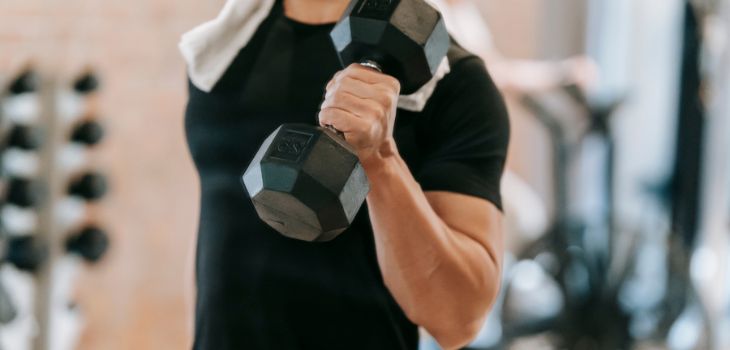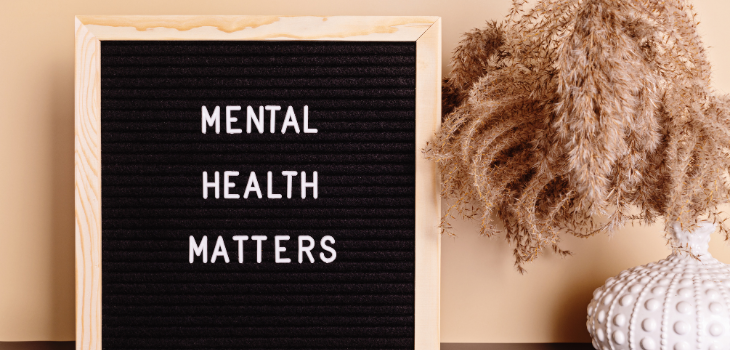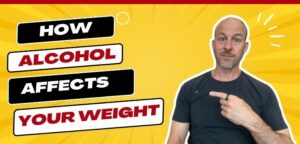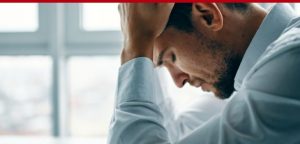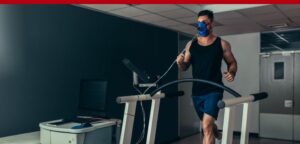We all go through hard times in life.
I went through a series of heartbreaking losses that made me who I am today. My mother was taken from me in a car accident when I was only a 14-year-old. This left a hole in my heart and put me down a dark road in High School.
Just five years later, as I began to pull my life together from my mother’s death, another calamity struck. My 9-year-old brother Jimmy was kidnapped and cruelly murdered. Jimmy’s murder shattered my world and tore my family apart. This began another journey of healing from tragedy and putting together the pieces of my life.
At 36, as I thought the worst was behind me, my sister ended her own life. This loss broke my heart. My vision of the future always included being an Uncle to my sister’s future children and having a close relationship with her as we got old together. I thought I’d always have her in my life.
A few years later, at 43, I lost my father to poor health.
As I reflect on all the losses, I’ve found a silver lining.
A message of hope and a path to better health.
Rethinking Health: Beyond Nutrition and Exercise
Looking back at what happened to my family, and what I went through as a result of all the loss, I recognized a crucial lesson.
Our view of health and longevity is wrong.
We’re obsessed with nutrition and exercise. These two factors are important, for sure. But there comes a point where you can’t optimize your diet or workout routine to become healthier. You’ll have to look elsewhere.
I learned this lesson the hard way.
Gaining Control: The Power of Exercise
After my brother’s murder, I discovered the power of exercise to change my mood. If you asked me why I felt bad, I’d tell you about what happened to my brother. But I also noticed that when I was feeling bad, a trip to the gym made me feel better.
This lesson was game-changing.
if I really felt bad because of an external event, then why did exercise make me feel better? There was more going on than the story I was telling myself. I discovered that I had control over how I felt.
With every workout, my body became stronger. And as my body became stronger, I felt mentally and emotionally stronger.
This was the first key lesson: Getting myself in shape was a key to healing from tragedy.
Breaking Barriers: A Deeper Understanding of Health
But something happened.
I hit a wall in my journey to feel good again. I trained harder and ate cleaner. I got rid of toxin-containing soaps and shampoos. I lived as clean of a lifestyle as possible. But I hit a point where I didn’t feel like it was helping me to improve.
Bridging the Gap: Physical vs. Psychological Health
Then I learned my second lesson: Psychological health is different than physical health.
Yes, there’s a connection between the two. But they work differently. For example, even though I was strong and lean, I still got road rage every single day. Sure, being in shape helped. But it didn’t give me the inner peace I was seeking so I wouldn’t be so triggered by things like someone cutting me off in traffic – especially because that’s an everyday occurrence in Miami Beach.
The Awakening: Uncovering Triggers and Embracing Change
It wasn’t until I started developing an awareness of what triggered my anger that I started learning about what was going on. I realized that I was constantly stressed. Part of it was that I had PTSD from the family tragedies I had been through. The other part was that I was unhappy with my personal and professional life and needed to make changes to improve them. I should also add that I smoked weed and drank alcohol regularly.
Once I started getting treatment for PTSD to calm my nervous system and started making positive changes in myself and my business, I began to notice improvements again. I started sleeping better at night and felt less stressed during the day. The things that used to trigger me didn’t affect me at all anymore.
There’s no diet or workout that can do this for you – it’s only the inner work that will lead to positive changes in how you feel. If your nervous system is overactive, you can exercise all you want. But it will only address the symptoms. You must find your triggers and get help to deal with them.
The Power of Relationships: The Final Piece of the Puzzle
The last big lesson was this: Your relationships are part of your health.
Have you ever stayed up late with good friends but you woke up feeling energized and with a big smile on your face? Maybe you even had too many glasses of wine. You did everything “wrong” but the experience of spending time with good people still left you with a glow the next day. Even though you didn’t sleep well and you feel a bit groggy from drinking too much.
We’ve all been there.
And the good effects aren’t just in your head. Well, actually there are. Because a powerful cocktail of oxytocin, dopamine, and serotonin (all your feel-good hormones) elevate your mood and optimize your hormonal response to stress.
What I tell my clients now is to prioritize your friendships like you prioritize your workouts. Spending time with your family and friends will give you a boost that no diet, workout, or supplement can come close to.
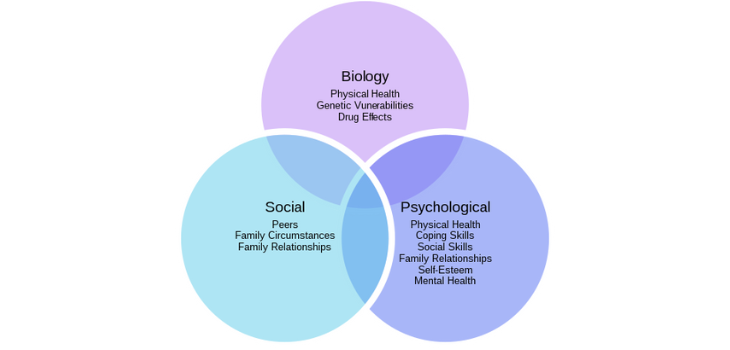
A New Paradigm: The Biopsychosocial Model of Health
This understanding helped shape my health and longevity philosophy: a trinity that brings together physical, psychological, and social aspects.
Eventually, I learned that my observations had a name.
This way of looking at health is called the “biopsychosocial model” of health. This model recognizes the research done in the three different areas of health and how they all work together to create a healthy human being.
The key to optimal health and longevity is to intentionally “get in shape” biologically, psychologically, and socially.
This is the foundation for living a life where feel, look, and perform your best.
Turning Tragedy into Triumph
While I wouldn’t wish this upon anyone, it’s driven me to dedicate my life to helping others.
And it’s inspired me to dive deeper into health and longevity as well as what’s missing from our conversation about it.
So, as you navigate the challenges of life, remember to balance your physical health with your psychological and social health. Remember to acknowledge your childhood struggles and how they seep into your adulthood. Remember that even seemingly healthy habits can become addictive.
My life’s philosophy is not just about longevity but about living a long, quality life. After all, we are not just beings of flesh and bone but complex tapestries of emotions and relationships. Keep this in mind on your quest to live your best life.
Related Episodes:
Ted Talk 135: How I Recovered My Life, Business, And Happiness After Tragedy Hit My Life
442: Traits That Will Help You Overcome Adversity with Ted Ryce – Part 1
443: Traits That Will Help You Overcome Adversity with Ted Ryce – Part 2




